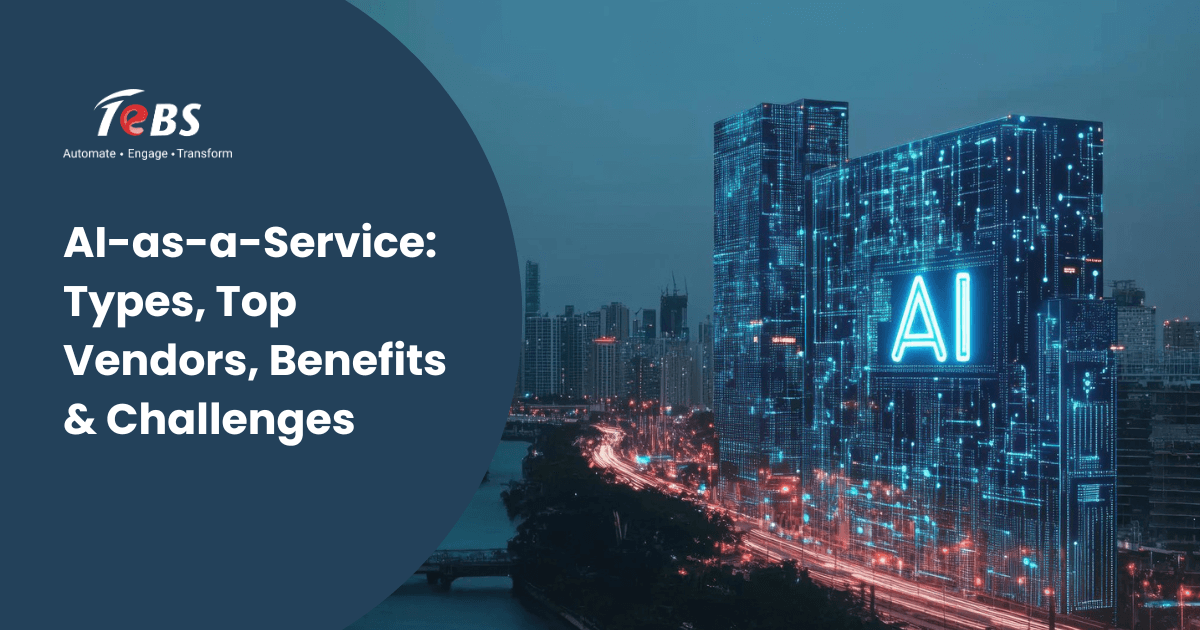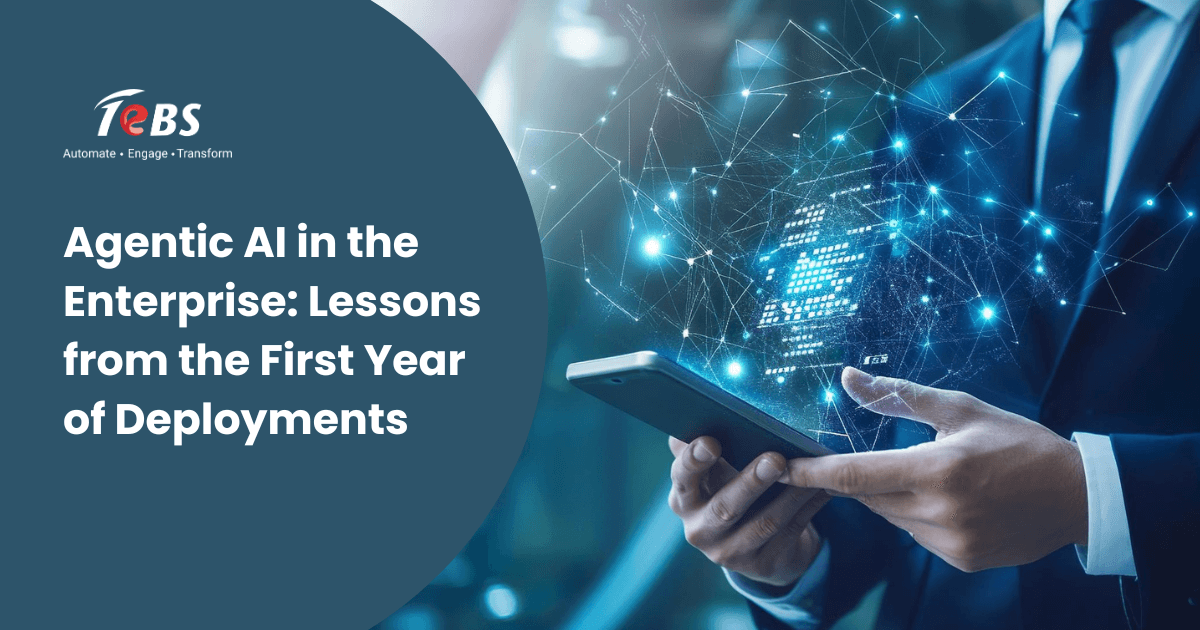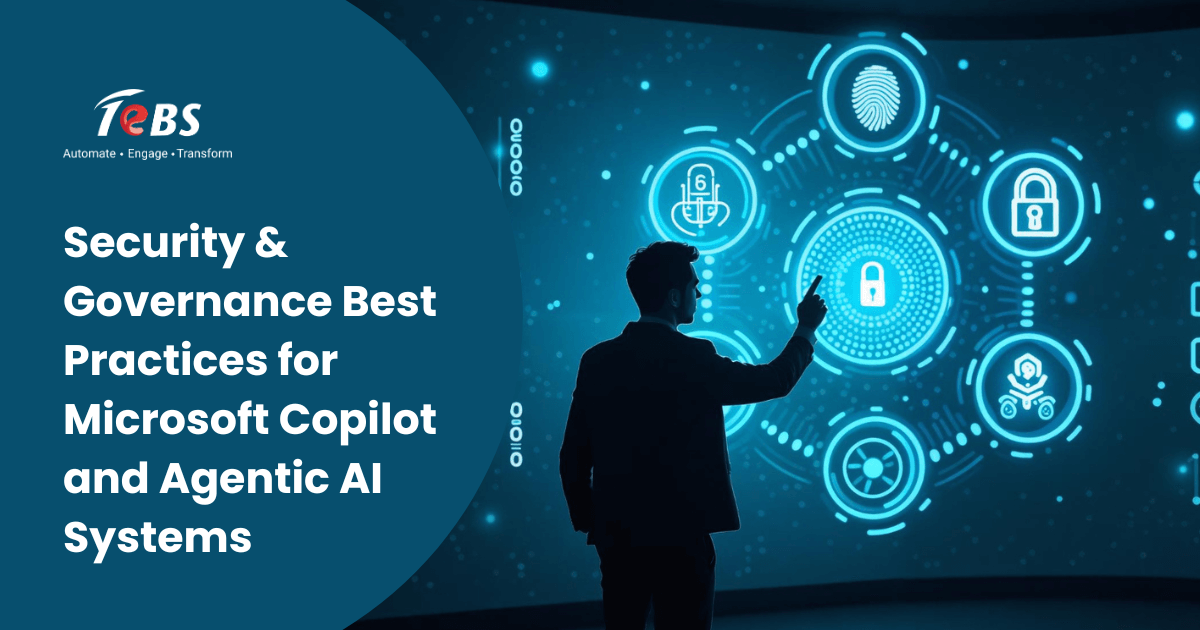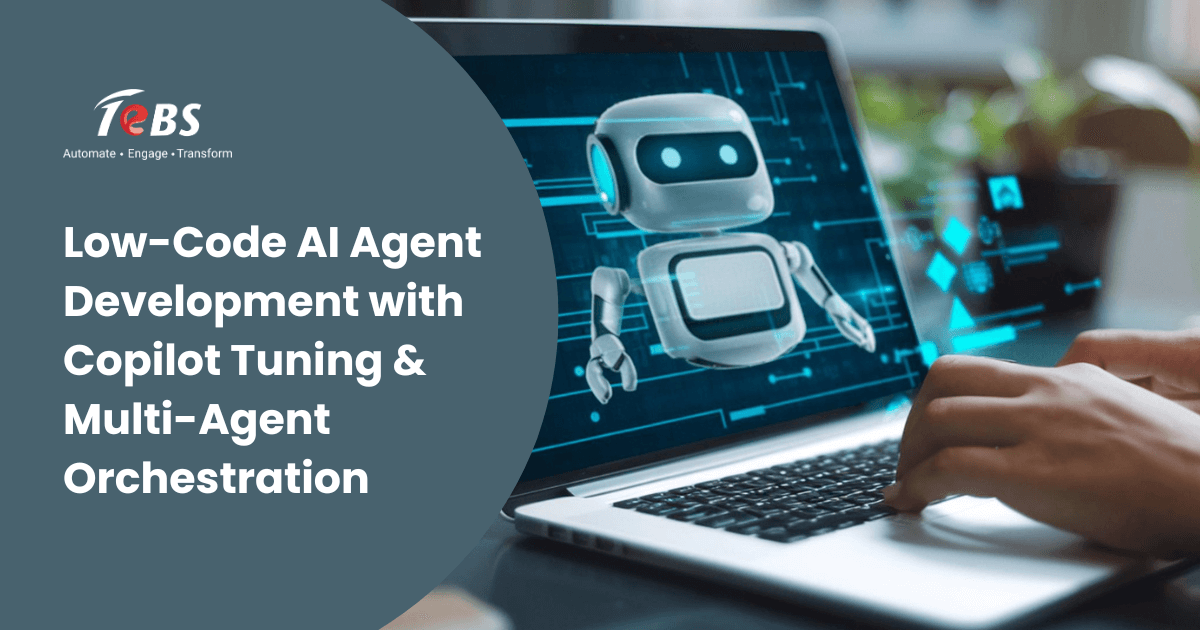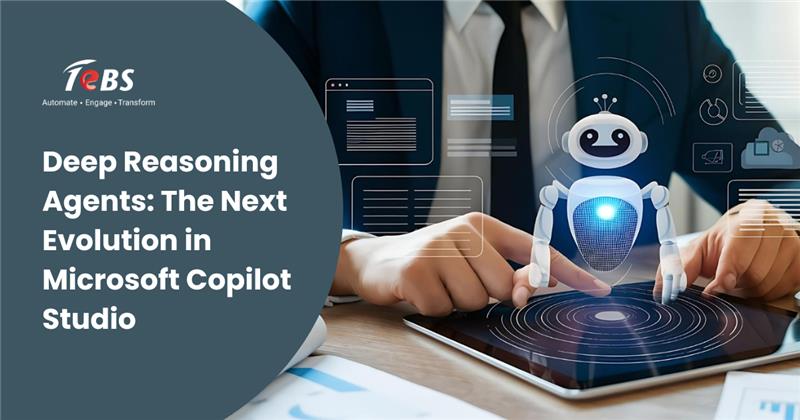Summary
Artificial Intelligence is no longer a futuristic concept—it’s a business essential. Yet not every organization can build AI systems from scratch. AI-as-a-Service (AIaaS) bridges this gap, providing ready-to-use AI services through cloud platforms. By leveraging AI automation, AI data analytics & BI, and machine learning tools, businesses can scale innovation without heavy infrastructure or specialized AI talent.Introduction
Artificial Intelligence (AI) has rapidly evolved from cutting-edge innovation to an essential business enabler. Yet, not every organization has the resources or expertise to develop and manage AI infrastructure in-house. This is where AI-as-a-Service (AIaaS) steps in—democratizing access to advanced AI tools, models, and platforms through cloud-based delivery. Businesses of all sizes are leveraging AIaaS solutions to enhance operations, automate workflows, and make data-driven decisions—without heavy investments in hardware or specialized AI talent.
What is AI-as-a-Service?
AI-as-a-Service (AIaaS) refers to the delivery of AI capabilities via cloud-based platforms, enabling organizations to use machine learning (ML), natural language processing (NLP), computer vision, and other AI technologies on a subscription or pay-per-use basis.
At its core, AIaaS allows companies to access and implement AI models through APIs or pre-built tools provided by cloud vendors. Rather than developing proprietary AI models, companies can integrate pre-built AI tools via APIs, low-code environments, or plug-and-play models from global cloud providers like Microsoft Azure AI Services.
Organizations are increasingly adopting AIaaS because it:
- Reduces upfront costs for AI adoption
- Provides scalability to match project demands
- Enables rapid experimentation and deployment
- Grants access to cutting-edge AI capabilities
For enterprises seeking digital transformation, AI services for businesses are a critical enabler—helping accelerate innovation, improving customer experience, and strengthen decision-making.
Types of AI-as-a-Service
AIaaS comes in multiple forms, catering to diverse business requirements and technical capabilities. The main AI service types include:1. Machine Learning (ML) Platforms
These provide ready-to-use environments for building, training, and deploying ML models. They typically include data preprocessing tools, algorithms, and visualization dashboards.
Example: Microsoft Azure Machine Learning enables enterprise-scale model development and management.
2. Chatbots and Conversational AI
AI-driven chatbots and voice assistants help automate customer interactions using NLP and speech recognition technologies. See how conversational solutions integrate into enterprises in TeBS Conversational AI Services.3. AI APIs and Pre-trained Models
Vendors offer APIs for specific AI functionalities like image recognition, sentiment analysis, or translation—ideal for developers seeking quick integration.4. Data Analytics and Cognitive Services
These services combine AI with big data analytics to extract actionable insights from massive datasets. AI-enhanced data analytics help organizations extract actionable insights from large datasets using AI data engineering.5. Robotic Process Automation (RPA) with AI
When integrated with AI, RPA tools can perform cognitive tasks—such as document processing or fraud detection—beyond rule-based automation.
Each type of AIaaS solution serves unique business goals, from enhancing customer engagement to improving operational efficiency.
Benefits of AI-as-a-Service
Implementing AIaaS solutions offers several strategic and operational advantages for enterprises:1. Cost-Effectiveness
Organizations avoid heavy investments in infrastructure, data storage, and talent. Pay-as-you-go pricing models make AI adoption financially accessible.2. Scalability and Flexibility
Cloud-based AI services allow scaling resources up or down based on project needs, enabling rapid experimentation and deployment.3. Faster Time-to-Market
Pre-trained models and APIs enable faster prototyping, helping businesses quickly integrate AI-driven capabilities into products and services.4. Access to Advanced AI Models
Enterprises gain access to state-of-the-art AI frameworks, ML algorithms, and pretrained datasets offered by global technology leaders.5. Reduced Complexity
AIaaS eliminates the need for deep technical expertise. Businesses can use low-code or no-code interfaces for model training and deployment.
With these advantages, AI services for businesses empower organizations to innovate faster and compete more effectively in their markets.
Challenges and Limitations
Despite its benefits, AIaaS also presents notable challenges that businesses must consider:1. Data Security and Privacy
Using third-party cloud platforms for AI introduces concerns about data ownership, encryption, and potential breaches.2. Compliance and Governance
Companies must ensure AIaaS providers comply with regional regulations like GDPR, HIPAA, or SOC 2 when handling sensitive data.3. Integration Complexity
Integrating AI models into existing systems can be technically demanding, especially for legacy architectures.4. Vendor Lock-in
Relying heavily on a single provider’s ecosystem may restrict flexibility or increase switching costs later.
Understanding these AIaaS challenges is essential for developing a robust implementation strategy that balances innovation with risk management.
To mitigate these risks, enterprises should adopt structured frameworks such as the Microsoft Cloud Adoption Framework and align with trusted AI partners.
Key AI Consulting Services and Their Business Impact
| AI Consulting Service | Description | Business Impact |
| AI Strategy and Roadmap | Align AI initiatives with business goals | Accelerates digital transformation |
| Data Engineering and Preparation | Cleanses, organizes, and structures data for AI use | Improves model accuracy and reliability |
| Machine Learning Model Development | Custom AI model creation and optimization | Drives automation and predictive analytics |
| AI Integration and Deployment | Embeds AI models into enterprise applications | Enhances operational efficiency |
| AI Governance and Compliance | Ensures ethical and legal AI use | Builds trust and transparency |
| Continuous Monitoring and Optimization | Maintains and improves model performance | Sustains long-term value from AI investments |
These AI consulting and implementation services are critical for organizations aiming to deploy scalable, responsible, and high-impact AI-driven business solutions.
How to Choose the Right AIaaS Provider
Selecting the right AIaaS provider requires evaluating multiple factors to ensure alignment with business goals and technical requirements:
- Pricing Model – Compare subscription vs. usage-based pricing and assess cost predictability.
- Technology Stack – Ensure compatibility with your data architecture, APIs, and preferred programming languages.
- Customization Capabilities – Check if the provider allows model tuning or custom AI development.
- Security and Compliance – Review certifications and compliance with relevant data protection standards.
- Integration Support – Look for pre-built connectors, APIs, and developer resources.
- Customer Support and Training – Evaluate documentation, training programs, and technical support availability.
- Use-Case Fit – Align vendor offerings with specific business objectives, such as fraud detection, predictive analytics, or process automation.
By considering these factors, organizations can identify an AIaaS solution that best fits their enterprise needs and growth strategy.
Gartner’s Strategic Data and Analytics Predictions Through 2028 provides valuable insights into how enterprises can evaluate AI and data partners effectively.
Future Trends in AI-as-a-Service
The future of AI-as-a-Service is set to be defined by increased accessibility, automation, and intelligence. Key trends include:- Democratization of AI – Simplified AI tools and no-code platforms will make AI development accessible to non-technical users.
- AI in Edge Computing – Combining AIaaS with edge computing will enable real-time analytics and faster decision-making at the device level.
- Generative AI Integration – AIaaS vendors are increasingly integrating generative AI models for content creation, coding, and design automation.
- Ethical and Responsible AI – Future AIaaS offerings will emphasize transparency, fairness, and explainability to ensure responsible usage.
- Industry-Specific AIaaS – Vendors will develop domain-tailored AIaaS solutions for sectors like healthcare, finance, and manufacturing.
As AI-as-a-Service providers continue to innovate, the ecosystem will evolve into a powerful foundation for next-generation enterprise transformation.
For an in-depth look at Microsoft’s role in data-driven AI, explore Microsoft Fabric: The Data Platform for the AI Era.
Conclusion
AI-as-a-Service represents a pivotal shift in how businesses adopt and scale artificial intelligence. From cost savings and agility to access to world-class AI models, the benefits are profound. However, success with AIaaS depends on choosing the right provider, ensuring data governance, and aligning AI strategy with business goals.
Organizations ready to accelerate their AI journey can leverage cloud-based AI services and expert consulting to unlock value faster.
Connect with TeBS at [email protected] to explore customized AI consulting and implementation services that transform your enterprise into an intelligent, data-driven powerhouse.
FAQs
What is an AI service?
An AI service delivers artificial intelligence capabilities—such as machine learning, natural language processing, or computer vision—through APIs or cloud platforms for easy integration into business systems.
How does AI as a service work?
AI-as-a-Service works by offering AI tools and models via cloud-based platforms. Businesses can access, train, and deploy models without maintaining infrastructure or developing algorithms from scratch.
What are AI-based solutions?
AI-based solutions apply intelligent algorithms to automate processes, analyze data, and enhance decision-making across business operations.
What is AI-as-a-Service and how does it work?
AI-as-a-Service provides cloud-hosted AI tools and frameworks that allow organizations to integrate AI functionalities—like speech recognition or predictive analytics—into their applications easily.
Benefits and challenges of AIaaS for businesses?
Benefits include cost-effectiveness, scalability, and rapid deployment. Challenges include data security, compliance, and vendor dependency.
How to choose the right AI-as-a-Service solution?
Businesses should evaluate pricing, scalability, data security, and alignment with use cases before selecting an AIaaS vendor.
AIaaS use cases in different industries ?
AIaaS is widely used in finance for fraud detection, in healthcare for diagnostics, in retail for personalization, and in logistics for predictive maintenance.

